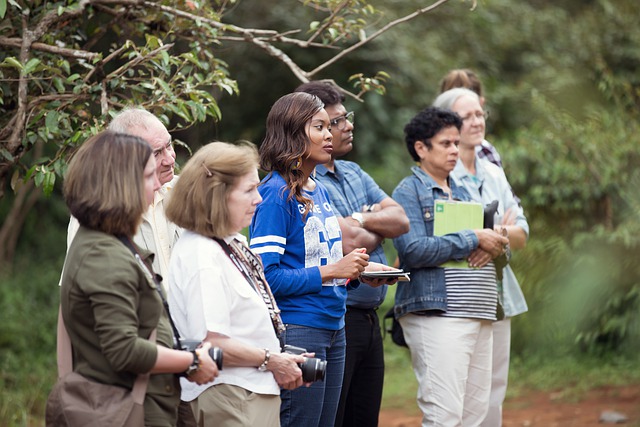Let’s be fair, travel hasn’t been easy over the past 18 months. Visiting places has required extra steps at best and at worst tourists have been barred from some countries completely. Luckily Kenya isn’t one of the latter.
Kenya is one of the few African countries that still has open borders and is currently allowing tourists to enter. If you want to go somewhere far-flung after months of lockdown this is one of the best places to go.
Keep reading to find out what you’ll need to enter Kenya as well as the most important eVisa Kenya requirements.
What you’ll need to enter Kenya as a tourist in 2021
Some things haven’t changed when visiting Kenya. This includes the main travel documents you’ll need to enter the country as a tourist.
Like before, you’ll need the following:
- A national passport with over 6 months of validity remaining from the date of entry
- A valid Kenya eVisa
Health conditions you’ll have to meet when visiting Kenya
As a result of the COVID pandemic, you’ll also need to meet a few health conditions to enter the country as well.
It is currently mandatory to provide a negative COVID-19 PCR test, taken no less than 72 hours before travel. Alternatively, if you’ve recovered from COVID 90 days before your trip to Kenya, you can provide a letter or document from a licensed healthcare professional vouching for this fact.
When entering Kenya, you’ll also need to show you meet the following health conditions:
- You don’t have a persistent cough
- You don’t have a temperature over 37.5ºC
- You don’t have flu-like symptoms or difficulty breathing
Getting your Kenya eVisa
You can get your Kenya eVisa at home in advance of your trip. You will need to complete an online application form providing your personal, travel and passport details and the answers to a few important security questions.
Once you submit the form, you’ll receive your approved visa by email. You’ll just need to print it off and present it when you arrive at the border.
This eVisa is usually approved within a few days, so make sure to give yourself enough time before you leave to apply. Once approved, the visa lets you stay in Kenya for up to 90 days, with an option to extend it by another 90 days in the country.
What COVID restrictions will I have to follow in Kenya?
There are COVID restrictions in operation nationwide in Kenya at the moment. When you’re in the country you’ll have to ensure you follow these rules
The main restrictions you’ll encounter in Kenya include:
- The requirement to wear a mask in public places
- A 10 pm to 4 am curfew
- Social distancing and capacity limits in public places
You will however be able to move relatively freely around much of the country. So visiting many of the top destinations won’t be out of the question.
Importantly though, not everywhere in the country is open to tourists right now. Some areas have been closed off due to the health crisis completely.
Watch out for hotspot zones
The Kenyan government has designated 13 of the national counties “hotspot zones”. These locations have a higher prevalence of COVID and stricter control measures as a result.
At the moment this currently affects the following areas:
- Bomet
- Busia
- Bungoma
- Homa Bay
- Kakamega
- Kericho
- Kisii
- Kisumu
- Migori
- Nyamira
- Trans Nzoia
- Siaya
- Vihiga
Travel to hotspot areas is highly discouraged. You can only enter and exit these regions if you have an emergency or essential reason.
In the hotspot zones the current restrictions are being enforced:
- Curfew between 7 pm and 4 am
- Closure of non-food and livestock markets
- The suspension of all physical and worship gatherings
It’s not too tricky to visit Kenya right now. There are a few restrictions and conditions to be mindful of but, for the most part, the country is open to tourism. Make sure to check the latest information before you set off and you’ll be able to plan the perfect trip to East Africa.


 By
By 





